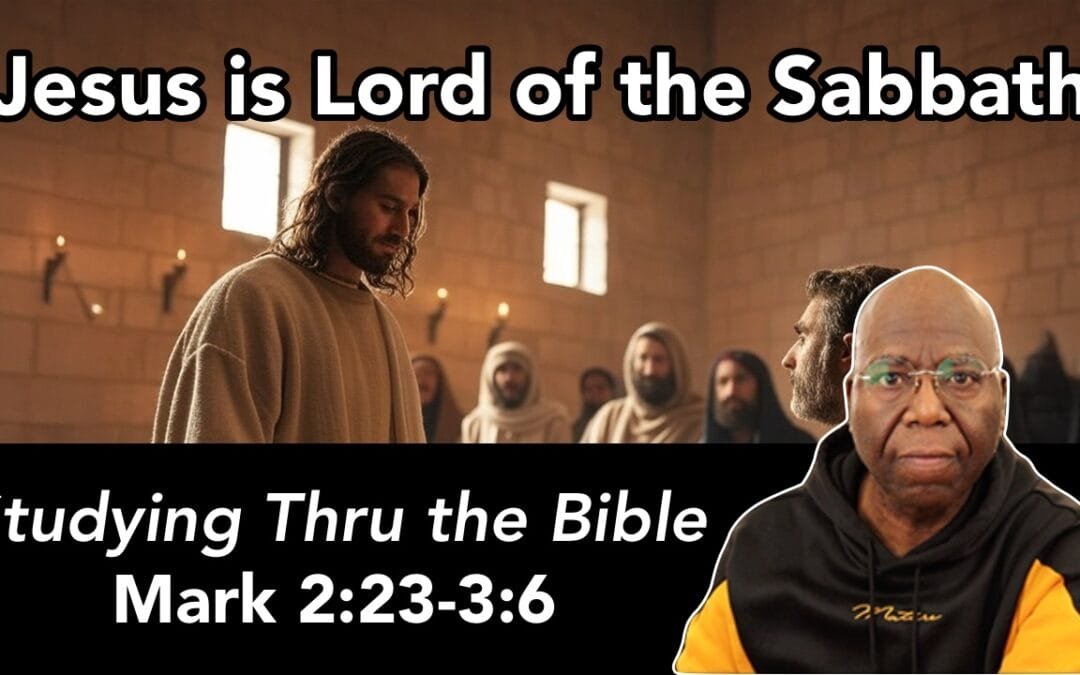
Free Lessons, Greek Exegesis, New Testament, Study of Mark
In Mark 2:23–3:6, Jesus confronts the Pharisees over their rigid Sabbath interpretations, defending acts of mercy and necessity. He highlights human need over ritual by citing David’s actions and heals a man on the Sabbath, exposing the Pharisees’ hypocrisy. This sparks their plot to kill Him, marking a significant escalation in opposition to His ministry.

Free Lessons, Greek Exegesis, New Testament, Study of Mark
In Mark 2:14-22, Jesus calls Levi, dines with sinners, and teaches that His ministry brings joy and transformation, incompatible with old traditions.
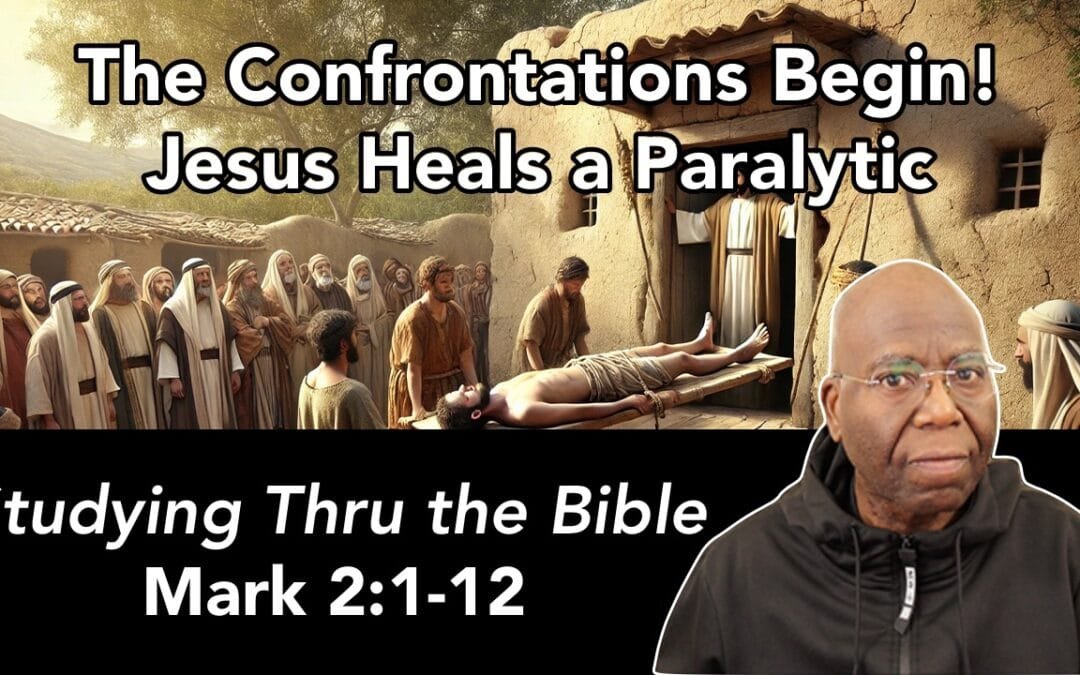
Free Lessons, Greek Exegesis, New Testament, Study of Mark
In Mark 2:1–12, Jesus heals a paralyzed man brought to Him by friends who lower him through a roof. He first forgives the man’s sins, prompting accusations of blasphemy from the scribes, as only God can forgive sins. To demonstrate His divine authority, Jesus heals the man physically, proving His power both to forgive sins and to perform miraculous healings. This event highlights Jesus’ divinity and sets the stage for growing tension with religious leaders.
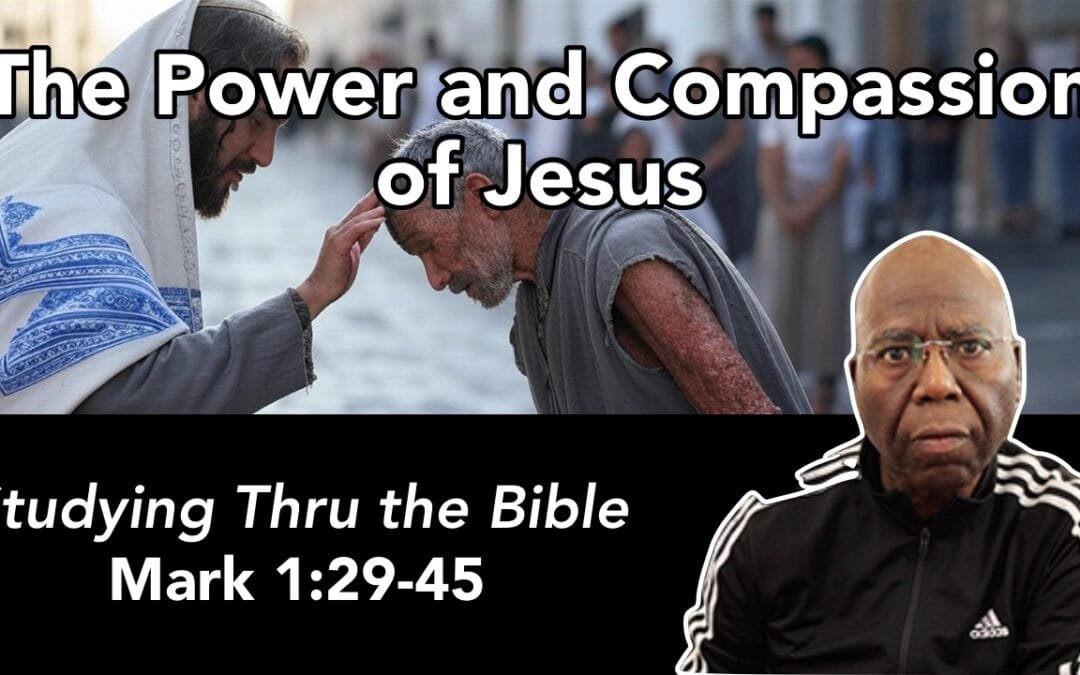
Free Lessons, Greek Exegesis, New Testament, Study of Mark
In Mark 1:29-45, Jesus performs several miracles that highlight His authority and compassion. He heals Simon Peter’s mother-in-law of a fever, cures numerous people of sickness and demon possession in Capernaum, and cleanses a leper, restoring him physically and socially. Amid His growing popularity, Jesus prioritizes prayer and solitude, demonstrating His reliance on communion with the Father and His commitment to preaching the gospel in other towns. This passage underscores His divine power, empathy, and mission to bring healing and restoration.
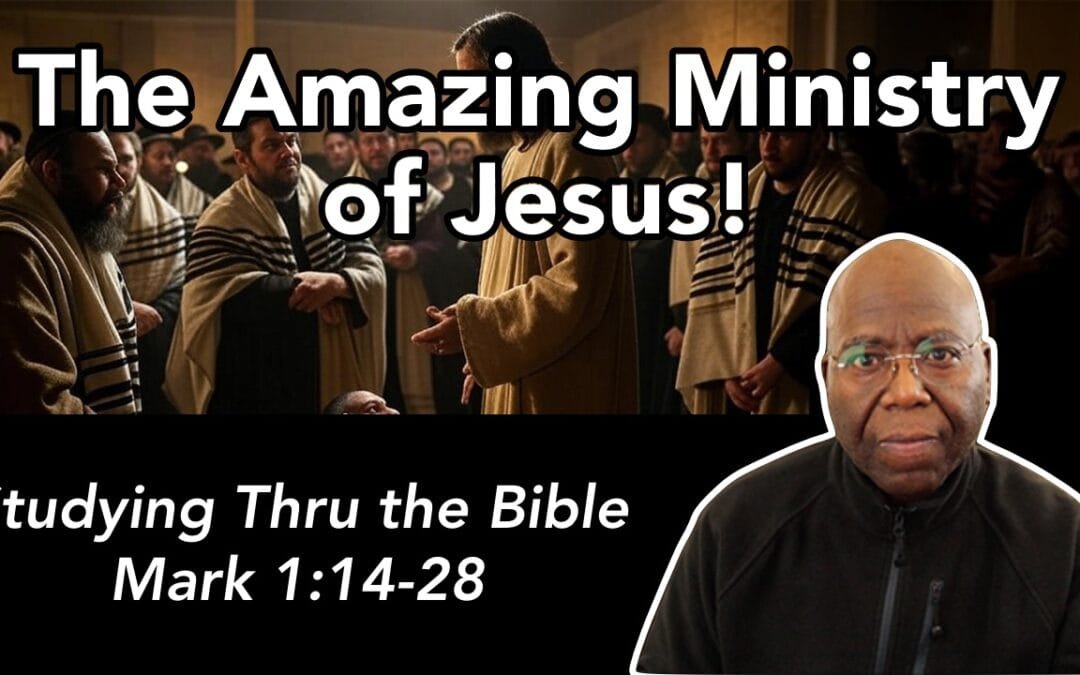
Free Lessons, Greek Exegesis, New Testament, Study of Mark
Mark 1:14-28 highlights the beginning of Jesus’ ministry in Galilee. He proclaims the Gospel, calling for repentance and belief, and invites His first disciples to follow Him. In Capernaum, He teaches in the synagogue with unmatched authority and casts out an unclean spirit, astonishing the crowd and demonstrating His divine power.
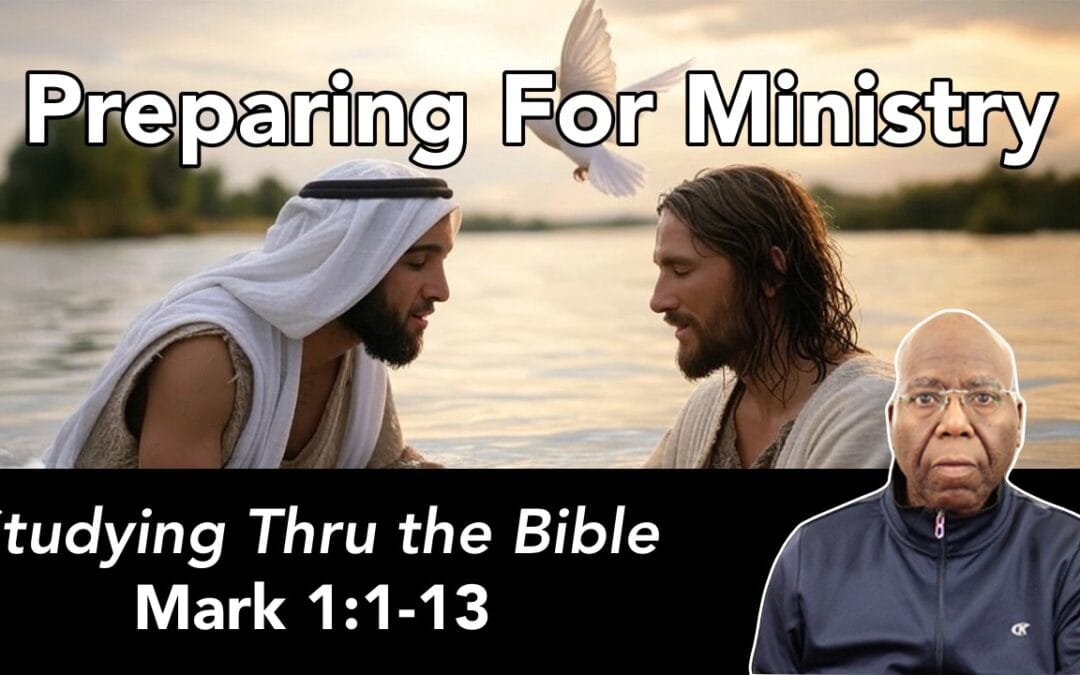
Free Lessons, Greek Exegesis, New Testament, Study of Mark
Mark 1:1-13 introduces Jesus’ ministry, highlighting John the Baptist’s role in preparing the way, Jesus’ baptism and divine affirmation, and His temptation in the wilderness, emphasizing His authority, mission, and divine identity.







